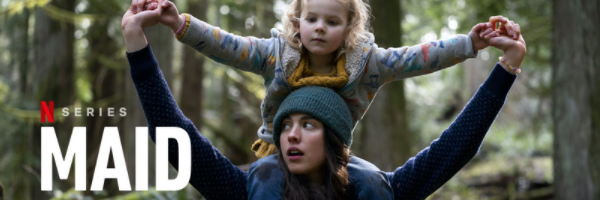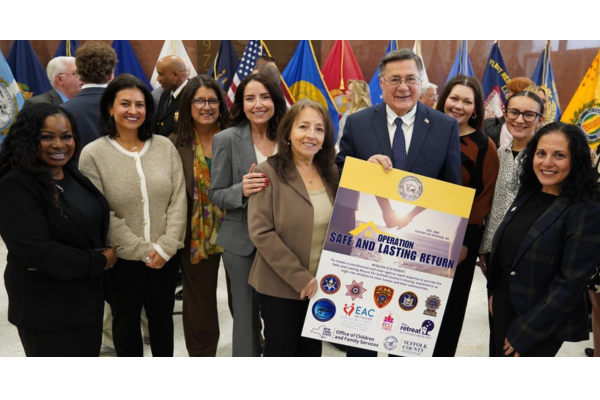Disclaimer: minor spoilers ahead, sensitive content
by Emily LeRolland

Domestic violence is a topic that is often avoided in popular media, so it came as a surprise to me that Maid is currently in the top 10 on Netflix. Before watching the show, I went down the review rabbit hole and was equally surprised to see an outpouring of negative comments about Alex, the main character who is a young mother who flees from an emotionally abusive boyfriend with her young daughter. These commenters judged Alex’s decision-making, wondering why she allowed her daughter to be put through tumultuous situations while she tried to remove herself from her abusive boyfriend.
Emotional abuse can be difficult for victims to acknowledge because they may not realize that it is considered abuse. Additionally, every survivor has their own journey when making the choice to leave an abusive relationship. There is no “right” way to go about it and oftentimes the path is not a straight line. (Support is available through The Retreat for people experiencing abuse to help them navigate the many challenges we see while watching Maid.)
The signs of abuse had been present in the relationship from early on, but Alex and those around her were not aware or did not accept the severity of the situation. In the first episode, her boyfriend is shown yelling at Alex, punching a hole in the wall next to her face, and throwing a glass towards her in a fit of rage. He often belittles her during arguments, saying that she is acting like her mother who is diagnosed bipolar.
Financial abuse, or the act of controlling a partner’s access to economic resources, and other forms of control are also involved. Alex is no longer allowed her own bank account and is not able to work because she is the sole provider of child care. She is isolated, having no relationships with family or friends. This fact is held over her by her partner when he tells her that she should feel lucky that he lets her live with him and hang out with his friends, claiming she will have nowhere to go if she leaves.
A major turning point is when Alex decides to call a domestic violence hotline after her caseworker suggests it. At first, she thinks that because she has never been physically abused that she was not eligible to seek shelter and other assistance. After speaking with someone on the hotline and being greeted at the shelter with open arms, finally safe with a bed to sleep in, she realizes that what she went through was not something that could be dismissed. As Alex works to make a life for herself from this point, we see her attempt to overcome a broken system where she is bombarded by paperwork and other hoops to jump through. All of this serves as a stark reminder that what may seem like a simple solution to those looking from the outside may not be so simple for those in crisis situations.
Among the negative reviews, there were many positive ones as well – the show did make it in the top 10, after all. This series does an excellent job of depicting the types of abuse that are often overlooked. We also celebrate and find joy in the small victories along Alex’s path to leaving an abusive relationship.
If you have experienced abuse, you are not alone. The Retreat is the End End of Long Island’s primary domestic and sexual violence prevention agency. All our services are free and confidential. Support is available by calling The Retreat’s 24-Hour hotline at 631-329-2200. Click over to this page to learn more about all of our services.
